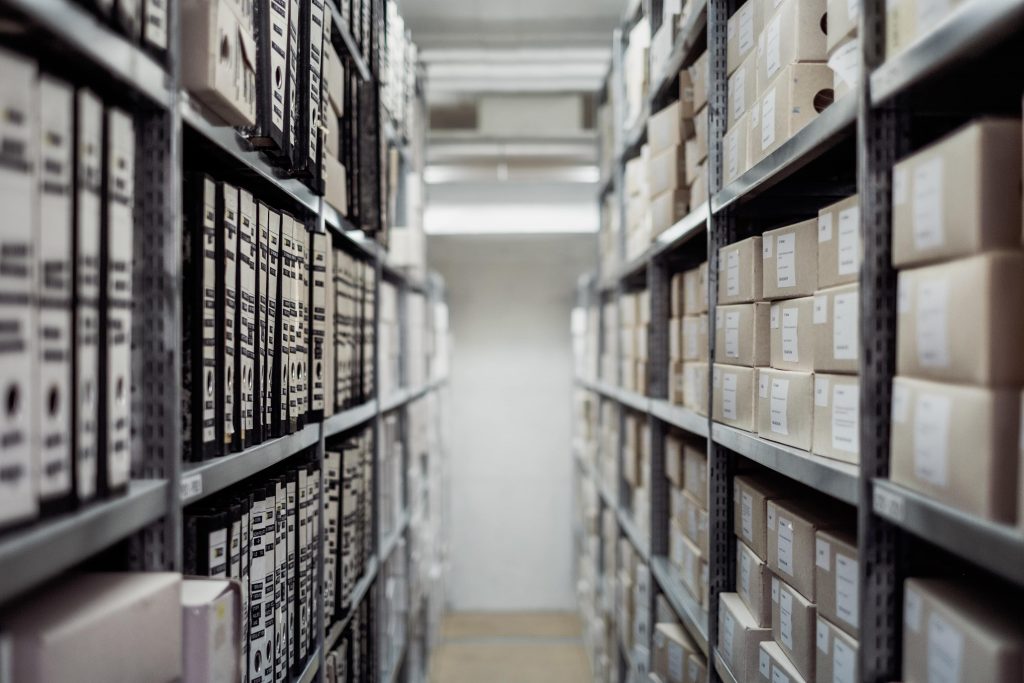Documents are a business’ greatest assets. In fact, a single piece of paper makes your business legitimate, seals the deal with partners and clients, and lets you keep track of your financial stability. This is the reason it’s a big loss for organizations when documents get damaged by natural disasters or are compromised by a security breach. Sometimes, this can interrupt business operations or worse, cause a total shutdown. It’s then important for businesses, large or small, regardless of industry, to prioritise securing business documents. And for that, these are the best practices:
Evaluate risks on site
The first step in protecting your documents is to pinpoint which records need strong protection, and then the threats that might affect those assets. The general rule of thumb is to secure these three most crucial records: contracts, client files, and finance-related documents.
These assets are crucial to preservation since they carry the highest risks to the business when they get lost. Without them, you may experience an operational, financial, or reputational crisis. Be very meticulous as to how you will store them. The next thing you have to do is draft a disaster preparedness plan for such documents, considering all possible calamities that may affect your site. This should include how you will manage documents during harsh weather conditions, like hurricanes, tornadoes, and ice storms, fire incidents, earthquakes, and floods.
Create a safe environment for records
The area where you store records should be well-protected from foreign elements and unlawful entry. Install locks on storage rooms. If you don’t have a spare room for record keeping, you can use mobile shelving. These fixtures have built-in locks that would ensure document safety. Invest in waterproof archive storage shelving and as much as possible, as Shelving Shop Group recommends, keep your archive room above flood level.

Have fire extinguishers on standby as well near the area, too. Dedicate a regular schedule for inspection of plumbing issues or bug infestation. Beyond the secure environment, roll out security protocols in accessing files. For instance, you should have a labelling and recording policy when files are stored or taken out to make sure that every document is tracked. Make sure that there’s also restricted access to the storage area, limiting it only to a few individuals.
Back up your documents
Create duplicate hard copies and keep them in storage areas. This is especially important if your business is located in a disaster-prone area. There are lots of storage space providers that offer 24/7 security, so check out some in your locale. It’s not enough to have back-up hard copies, though.
To ensure that you’d be able to recover files easily even in the event of a tragic calamity, make digital copies of your files. Store it on different platforms, like on the cloud or an external hard drive. Add an extra layer of protection by using passwords in documents. Of course, these digital copies should have their back-up too. Create duplicates as much as possible.
Again, business documents are important assets. You can’t afford to lose data, so strengthen security in your space by assessing risks, protecting your storage area, and creating back-ups.


